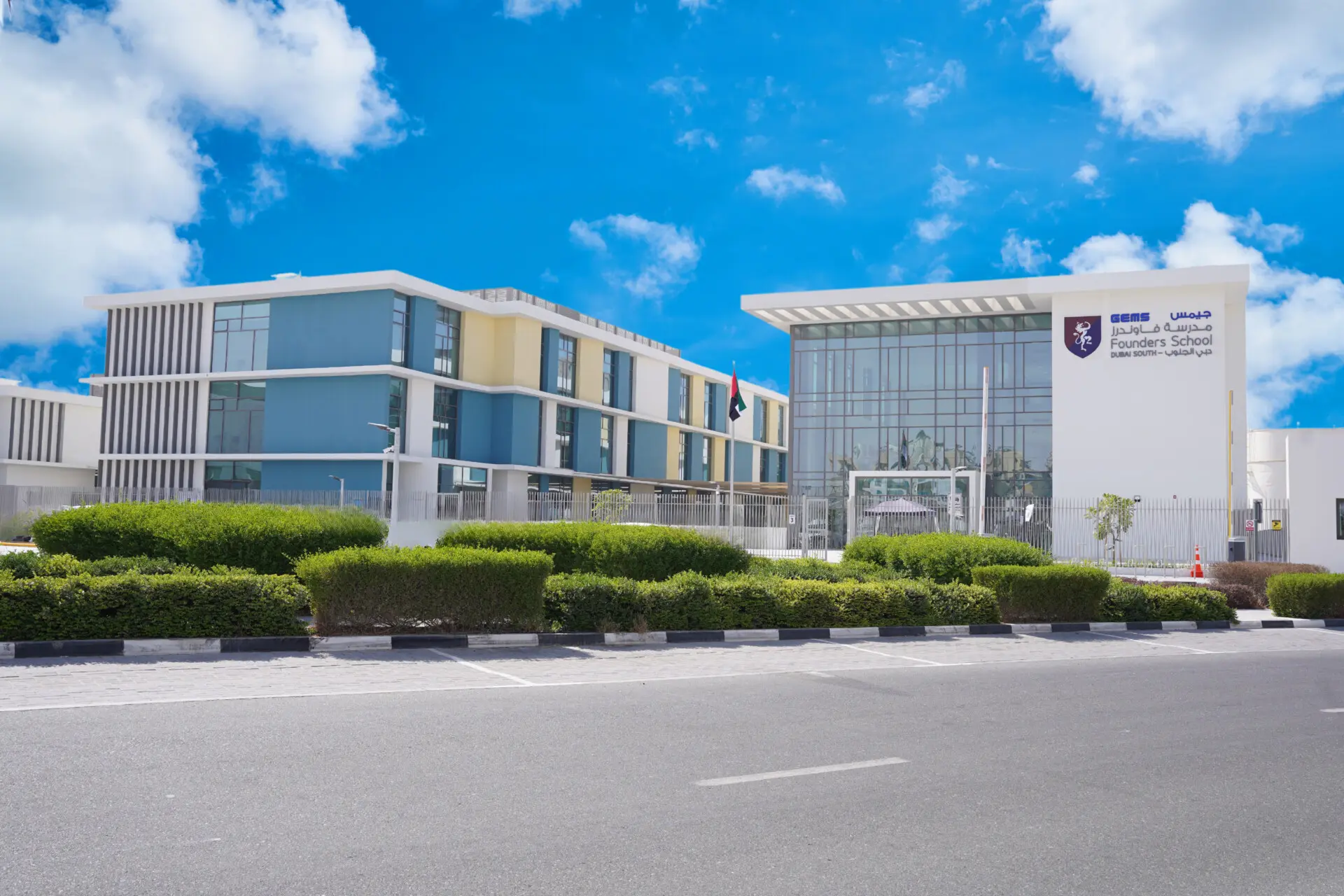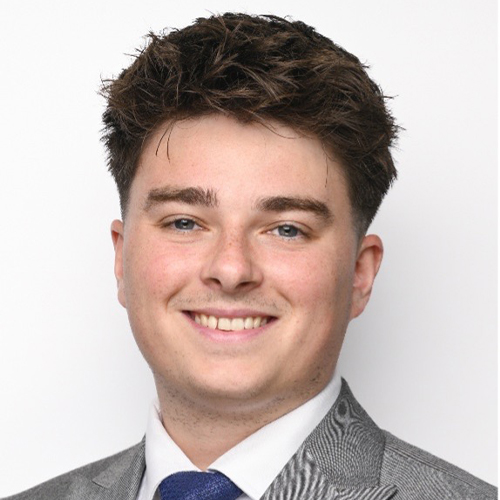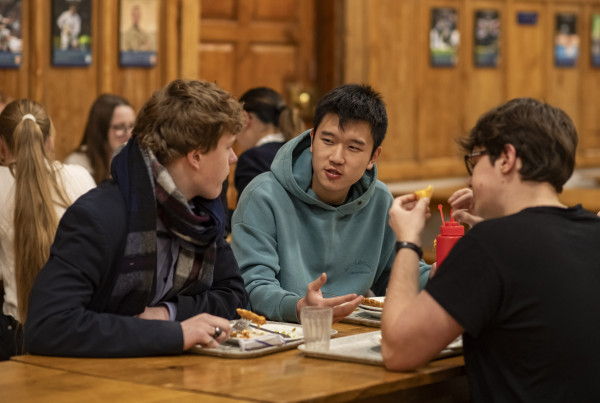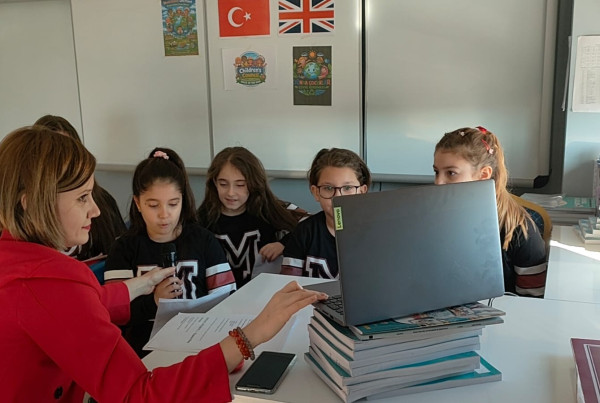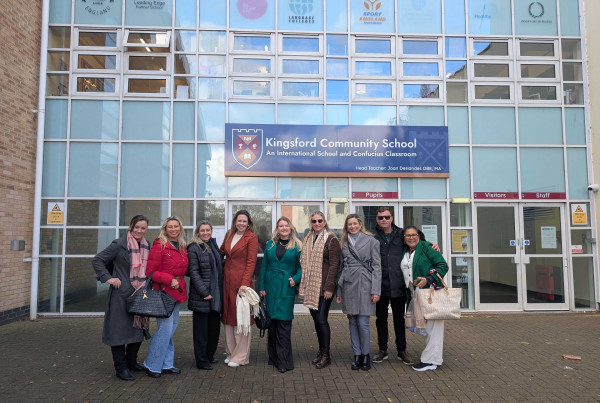The following article comes from Luke Suniga, a Year 2 Teacher and Head of Sustainability at GEMS Founders School Dubai South.
At GEMS Founders School Dubai South (GFD), sustainability is not a single event or initiative but an evolving mindset that permeates our classrooms, corridors and community. Over the past 15 months, we have worked closely with Oxford University Press (OUP) to embed the Oxford International Curriculum (OIC) for Sustainability across primary year groups, empowering our students to become critical thinkers, compassionate leaders and active stewards of their environment.
From Curriculum to Culture
Our sustainability journey began with a simple question: how can young learners move beyond awareness to meaningful action?
Through the OIC framework, we designed a sequence of projects that combine knowledge, skills, and values, placing students at the centre of authentic problem-solving experiences. Each year group explored age-appropriate sustainability challenges, from understanding local food systems to addressing global environmental issues through creative storytelling and science-based inquiry.
This integration transformed sustainability from an isolated topic into a school-wide ethos. Teachers adapted existing schemes of work to include inquiry-based learning, reflection journals, and opportunities for student leadership. Cross-curricular links flourished between Science, Geography, PSHE, and English, allowing children to articulate their understanding through persuasive writing, data interpretation, and community action. Students began to see that sustainability was not an abstract idea but a set of everyday choices that could create real-world impact.
This integration transformed sustainability from an isolated topic into a school-wide ethos.
The Oxford Sustainability Exhibition 2025
A defining moment came with our Oxford University Press Sustainability Exhibition, hosted on 3 June 2025. This event united students from Years 1 to 9, each showcasing their sustainability projects to families, local leaders and OUP representatives.
Other whole school projects included:
- Generation Growth Healthy Pledge — a student-driven campaign encouraging healthy, sustainable eating.
- Hydroponic Gardens and Lettuce Sale — where students grew, harvested, and sold their own produce within school, linking science learning to enterprise and environmental care.
- The Uniform Swap Initiative — promoting circular-economy principles by reusing school uniforms and reducing textile waste.
Each project was guided by inquiry questions and success criteria adapted from the OIC framework, allowing students to develop their communication, collaboration and reflection skills. The exhibition not only celebrated learning but also demonstrated measurable progress. Students showed a clear improvement in sustainability vocabulary and confidence in public speaking, while teachers observed stronger collaboration and problem-solving across all ability levels.
The impact extended well beyond the event itself. Following the exhibition, parents reported making more sustainable household choices, such as switching to reusable products and supporting local food initiatives. The projects became catalysts for conversation and community action, strengthening GFD’s reputation as a forward-thinking, globally connected school.
Partnerships and Community Engagement
Collaboration remains at the heart of our sustainability vision. Through our partnership with Spinneys Farm to Table, families engaged in home-learning activities that explored food provenance, sustainable farming, and nutrition. Students visited local farms to understand the journey from soil to plate and shared their findings through art, poetry, and science reports. Families completed reflection tasks at home, encouraging a whole-community dialogue about sustainable living.
Another key milestone was my participation in the Oxford International Curriculum Schools Conference 2025, where I had the opportunity to share GFD’s sustainability journey alongside educators from around the world. The conference provided a platform to present our student-led projects and demonstrate how sustainability can be embedded meaningfully across all year groups. I spoke about the impact of linking the curriculum to local partnerships, how we measure student outcomes, and how the OIC framework has supported a culture of inquiry and reflection. The experience not only celebrated what our students have achieved but also connected us with a network of like-minded educators who continue to inspire and shape our next steps.
Beyond partnerships, the creation of a Student Sustainability Council has given children ownership over eco-initiatives within the school. The council meets monthly to review ideas from peers, propose new projects, and work with teachers to implement realistic improvements. Their first success was the introduction of a waste-sorting system in classrooms, reducing contamination and improving recycling efficiency by more than 30 per cent in just one term.
Looking Ahead
Our next phase focuses on deepening the sustainability culture across the whole school. We plan to develop the Oxford International Curriculum for Sustainability across the primary, allowing continuity of skills and values from early years through to upper primary. An innovation Lab has been created this year, where students will design prototypes for water conservation, renewable energy, and waste reduction. The lab will connect science, technology, and enterprise, giving students authentic opportunities to apply learning in meaningful contexts.
At GEMS Founders School Dubai South, sustainability is more than a curriculum strand. It is a story of transformation driven by students who believe their ideas can change the world. Every seed planted, every uniform reused, and every pledge made represents another step toward a more hopeful and responsible future. Our mission is simple yet powerful: to nurture a generation that not only understands sustainability but lives it each day with purpose and pride.
